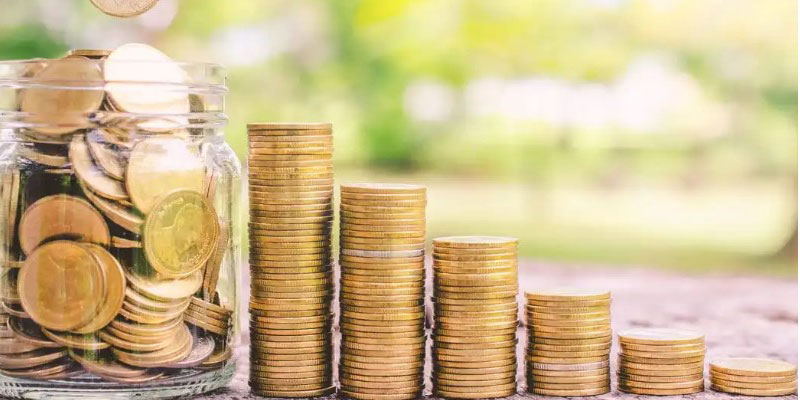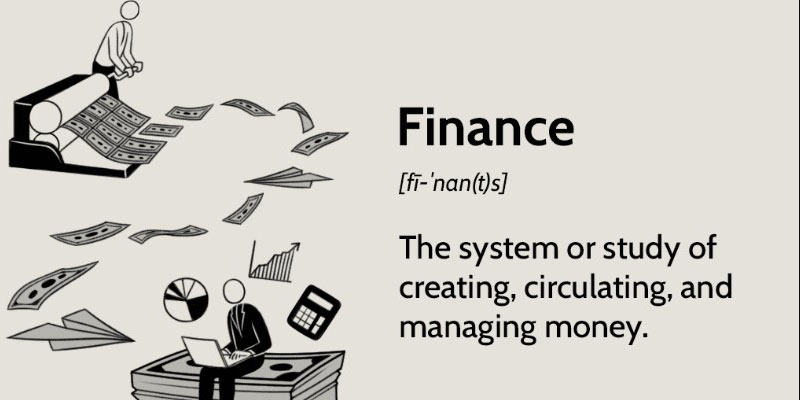It's no secret that credit is the foundation of the American economy, with credit card debt nearing $1 trillion in 2019. Credit card debt fell to $820 billion at the end of the fourth quarter of 2020, partly due to the worldwide pandemic.
Although this is the case, over 191 million Americans still use credit cards, with the typical cardholder carrying 2.7 cards. There are valid reasons not to acquire a credit card, even though this may make it more difficult to develop a decent credit score or to finance significant expenditures or emergencies.
You Have Too Much Debt

Debt from student loans ($1.56 trillion in Q4 of 2020) has surpassed credit card debt. Recent graduate often carry significant debt loads (in the tens of thousands of dollars) upon leaving university.
Many recent grads are already saddled with substantial monthly debt payments, making it impractical for them to take on any more recurring expenses. People who owe money on a mortgage or vehicle loan can also want to delay using a credit card until they've paid down their other debts.
You're Afraid of Going into Debt
Those with poor spending habits should refrain from applying for a credit card since they put themselves in danger of going into substantial debt. According to research, credit card purchases typically result in higher total expenditures than cash transactions. It's better to avoid getting a credit card altogether if you know you have a propensity for spending over your means.
You Can't Pay the Balance Monthly
It might be easier to make full monthly credit card payments if you only work seasonally, part-time, or not at all. If you don't have the funds to pay off your credit card balance each month, you're putting your credit in danger and accruing interest.
You Do Not Understand How Credit Works
If this is your first time using a credit card, you'll discover that making purchases is considerably less complicated than trying to wrap your head around the interest rates. Don't let the convenience of swiping fool you; every credit card has pages of fine print and hidden fees.
Thank goodness, there's a wealth of resources online that explain credit cards and provide guidance on responsible use. By learning the ins and outs of credit card interest and fees, you can make more informed decisions about your credit card spending.
You Are Struggling To Pay Your Current Bills
You should only apply for a credit card if you already have enough other financial responsibilities and more income to pay off the balance each month. Before applying for a credit card, you should reduce expenses and eliminate unnecessary monthly payments.
You Don't Have Good Money Habits
The use of credit responsibly requires patience and self-control. You may easily rack up debt, interest, and bad credit if you lack these abilities. If you doubt your ability to exercise restraint with your spending, it's in your best interest to avoid acquiring credit cards.
You Want To Buy Without Interest

You may avoid paying interest while using credit cards by paying off your amount in full every month. Discipline is required to consistently make full payments on your credit card amount and to maintain your monthly spending within your means.
There are always unknowns that might prevent you from making your monthly payment in full, even if that is your intention. You'll never have to worry about getting dinged with interest, late fees, or a worse credit score if you don't use credit cards.
In Conclusion
While it may seem impossible to make ends meet in a world where electronic payments have become the norm, there are alternatives to using a credit card. A debit card (linked to your checking account) can be used everywhere a credit card would be accepted. Prepaid debit cards are another alternative, functioning similarly to debit cards but not requiring a linked checking account.
Using a debit or prepaid card might complicate travel arrangements like vehicle rentals and hotel stays. A larger security deposit or other verifications may be required. Before making a reservation, you should contact the store to determine the specifics of your chosen mode of payment.











